But enough actual criticism, let me get into the meta-physical and scientific stuff the film brings up.
First, the time-traveler’s paradox – a scientist (or an engineer, I guess) builds a time machine that can send them back in time one minute. The time-traveler then kills themselves, well, their old self, thus making it impossible for the future version of themselves to be there....or so the thought experiment goes. In a slightly more complicated version, the scientist kills his former self in the moments before he can activate the machine, thus meaning that there would be no way for him to end up in the past in the first place.
Supposedly, this will lead to a time paradox, an unstable state of the universe. Some would say that this would lead to the universe folding in on itself. Some would say that this would lead to a thing called a ‘snap’ where the instant the paradox becomes evident, the universe resets to the last point where there was stability. Some would say a new set of universes would be created in which the paradox is has not occurred because the multiverse allows for the creation and destruction of universes fairly easily. And some would say nothing would happen.
In Tim Travers & the Time Traveler's Paradox, Tim builds a time machine to send himself back on minute, and then he kills himself.
And at first, nothing happens.
Sort of.
It’s messy.
So, after killing himself a few times, he eventually collects several versions of himself, and as a team they begin to…well, all sorts of things.
And here’s the question that gets answers, but also not asked: is Tim trying to conquer the question of what happens after the paradox, or does he simply want to kill himself and not actually die?
That’s the type of movie this is, and it’s why I think it’s one of the best science fiction films I’ve seen in a long, long time.
Because there are big questions in here, and there are some things that hit hard exactly because they’re bigger questions that you’d expect in a foul-mouthed scifi flick where a LOT of people get shot in the head. There’s an aspect of identity that gets presented, as each individual Tim is presented as a different character (and the nature vs. nurture argument that would lead to is MASSIVE) and that gives lead actor Samuel Dunning the chance to play everything from the standard-issue Tim Travers (egotistical sociopath with the emotional depth of a cocktail olive who just wants to be right about the whole paradox thing) to New Tim Travers (deeply egotistical and self-obsessed sociopath who can only think about fulfilling his desires and fuck-all about the paradox) and even gets to play two sides of a romance. It’s an incredible series of performances, assisted in pre-effect work by the body double David Babbit, who physically inhabits the part with such precision that it’s hard to tell when he’s in there with Dunning’s face stitched on digitally afterwards. That’s an impressive feat.
The rest of the cast is phenomenal. Director Stimson Snead, is great as a hitman who isn’t as on top of everything as he should be. Danny Trejo is a hitman who is probably the deepest thinker (and perhaps even the deepest feeler) in the universe. Joel McHale plays a radio show host who is basically Art Bell meets Ira Flato. He’s hilarious in the role as the guy who brings a certain amount of skepticism towards reality which is why Coast-to-Coast AM is still a lot of fun even with George Noory at the console. Keith David makes a strong appearance, and has a wonderful back-and-forth with two Tims, and there’s an excellent group of characters who hang out in the bar, some of whom seem far wiser than you’d expect from a barfly.
And then, there’s Felicia Day.
She plays the assistant to the radio host and goes on a date with Tim early on. She gets first hand evidence of Tim’s experiment and freaks out! It’s a hilarious moment, and one which get me thinking – her reaction is extreme, and when I asked Felicia about it in the Q+A she said she’d played the character as angry especially at Tim for being right about the whole time-travel thing. Tim’s reaction to the fact that he’s gone back isn’t anger, it’s confusion. He’s at that moment in the experiment cycle when the results aren’t matching the expected outcome, and thus he has to go about solving why without lashing out.
OK, he does lash out, but there’s way more to that.
The act of killing his previous self is an excellent metaphor for destructive growth, the kind you read about on Facebook. Instead of saying “yeah, I sucked, but now I don’t as much,” he literally murders the earlier version. It’s pretty clear Tim isn’t a big fan of humanity, and that includes himself. He likes science, the predictability, the reality, the messy brush with playing God by knowing the outcome and bringing it out into the world. It kinda comes off like he was a serial killer who would not have ever killed anyone if he had to face any sort of consequence, and in the time-loop he created, there were no consequences. It’s a really smart piece of writing to bring that out, and the performance of the material is great, too. It’s a lot like watching Man Bites Dog, where there’s no emotional response to the act of murder/suicide, but there is strong reaction to the outside situations and scenarios.
The metaphysical aspects here are fascinating. There are multiple Tims running around, but there’s also only one Tim, but from different points in time. There’s an argument to be made that this would be evidence of the lack of a soul, or that consciousness itself is merely based on chemical interactions. Or, as I read it, none of that comes into play because this isn’t duplication; this is re-positioning. There are no questions about that because the only thing that’s changed is the location in space-time, bringing these Tims into the same area. The amount of matter in the universe is static, of course, though has locally increased in the frame of time we’re experiencing in the film.
And that is one of the big reasons I loved Tim Travers & The Time Traveler's Paradox. These questions are there, some explicit and some merely hinted at, and while I was laughing my ass off watching it, I was thinking and weighing everything. This is weighty science fiction, and there’s philosophy. The thing that makes this movie even better is that it’s also slapstick, banter comedy worthy of 1930s screwball, and there’s shock value. I love when you can get some much out of a single film, and that alone makes Tim Travers & The Time Traveler's Paradox into an absolute gem of a movie!
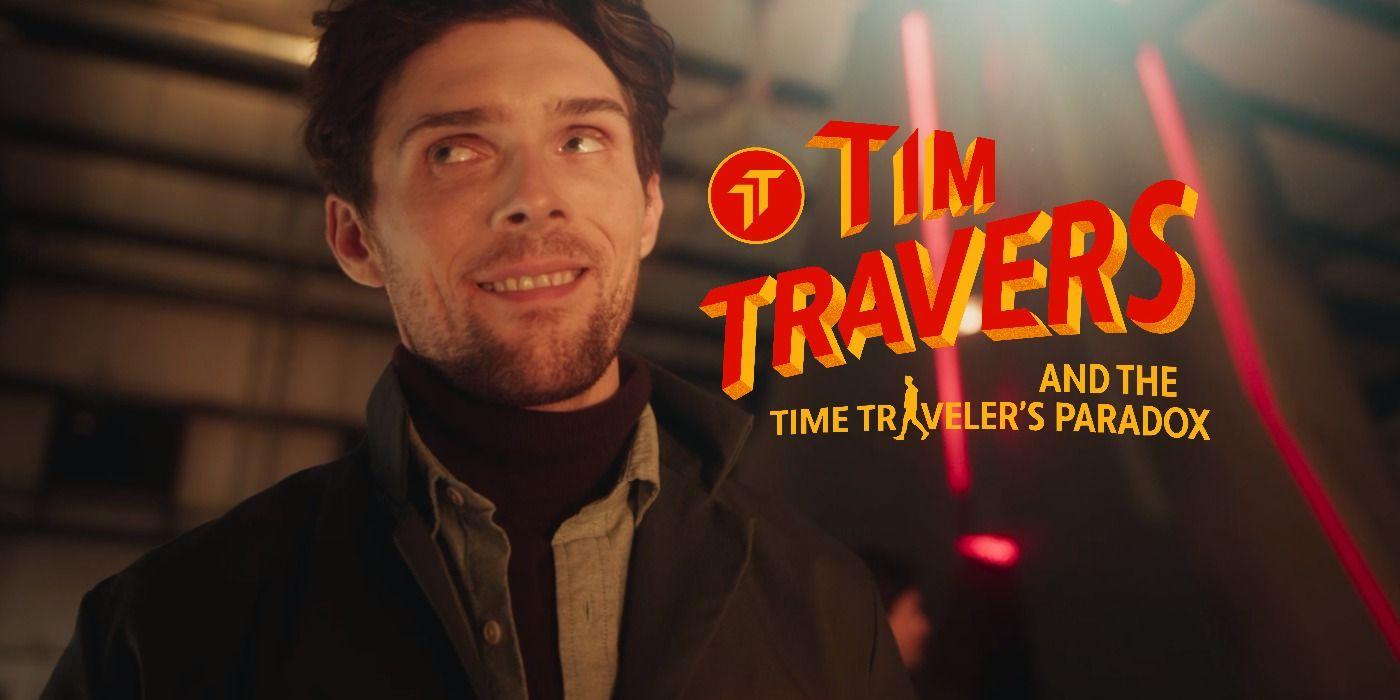

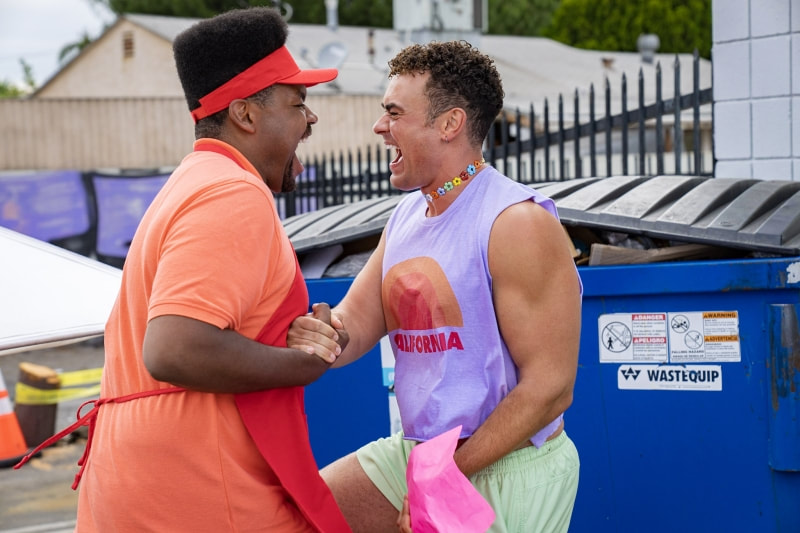
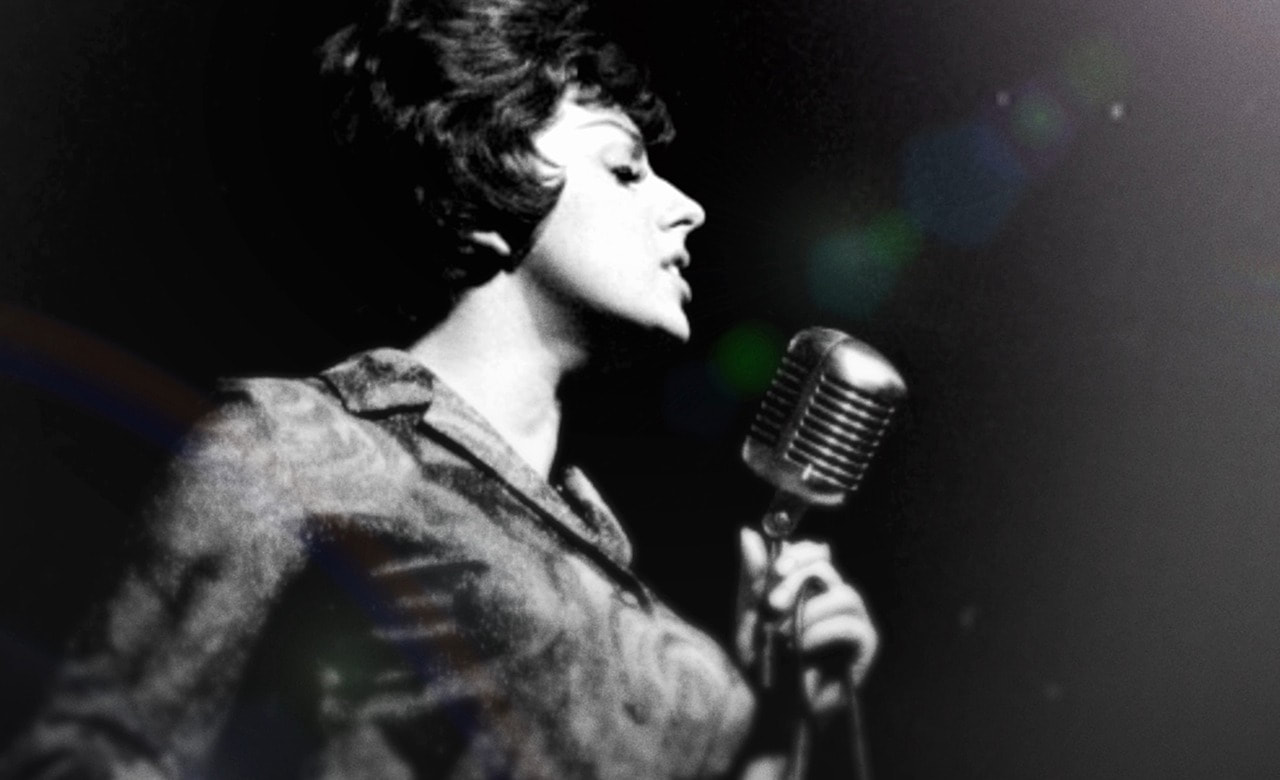
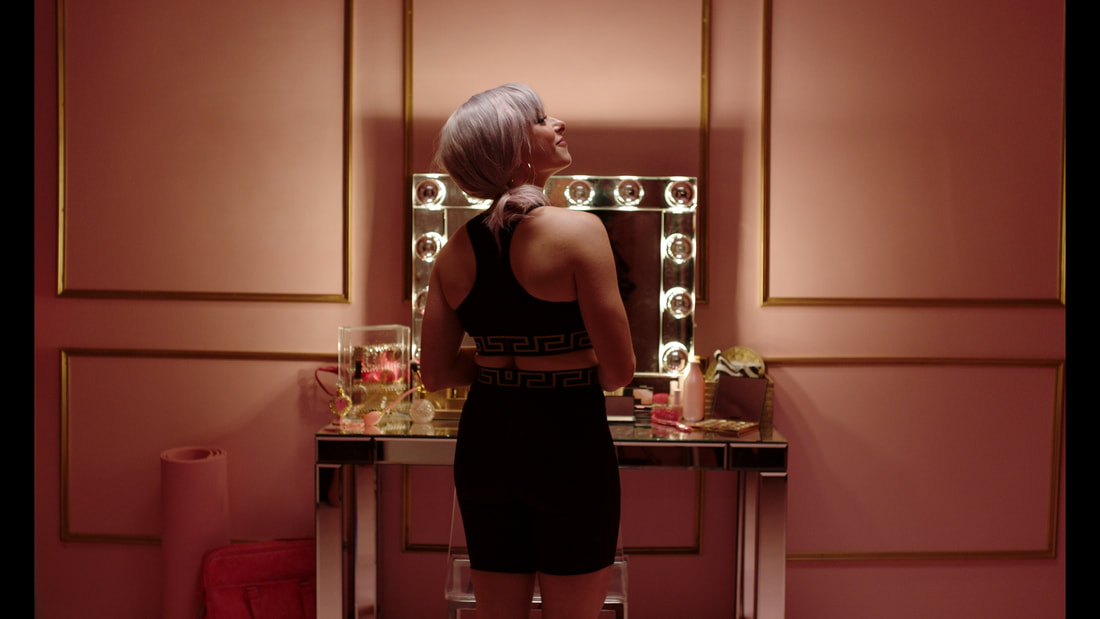
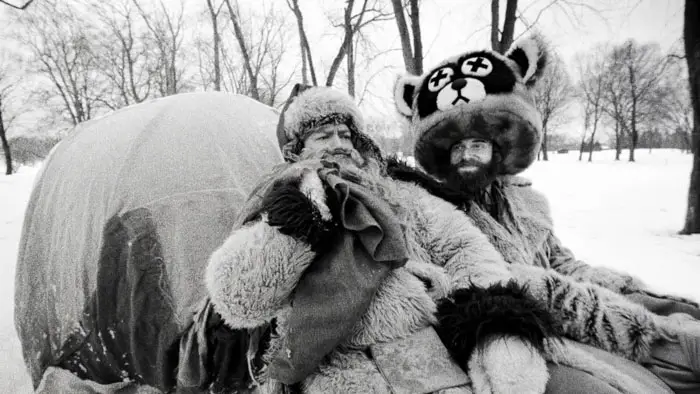
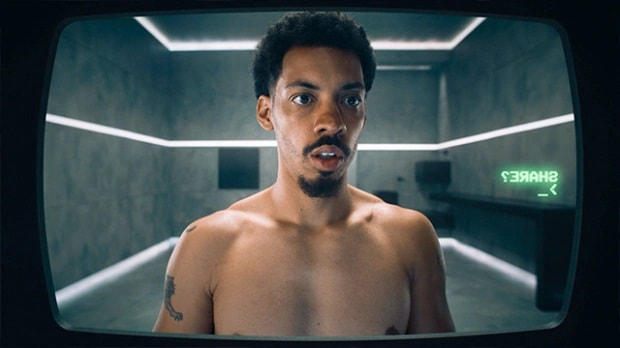

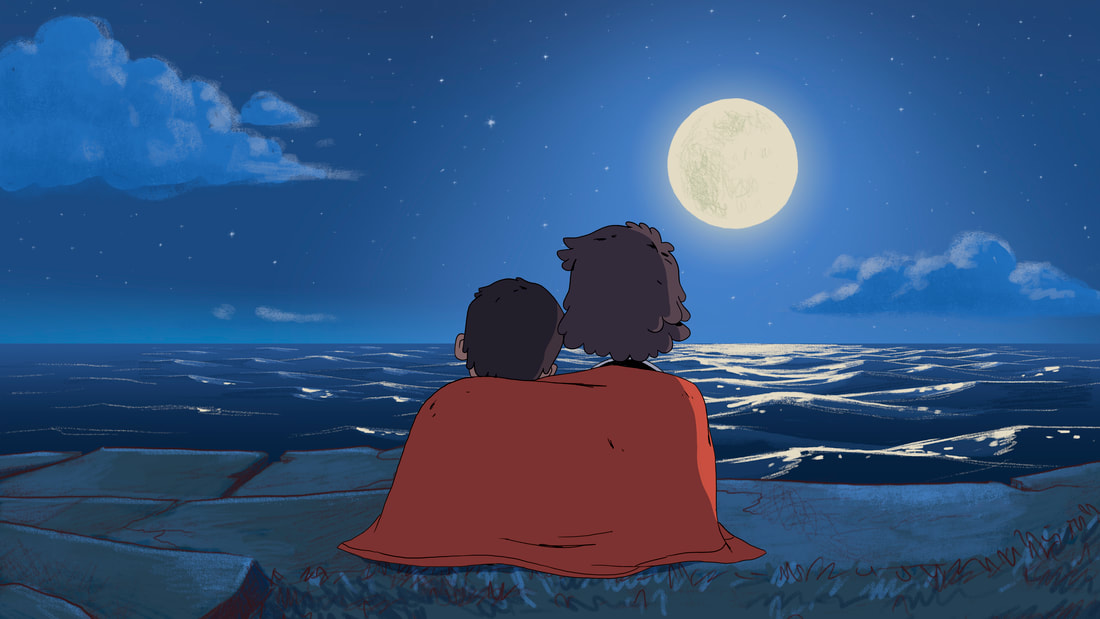
 RSS Feed
RSS Feed